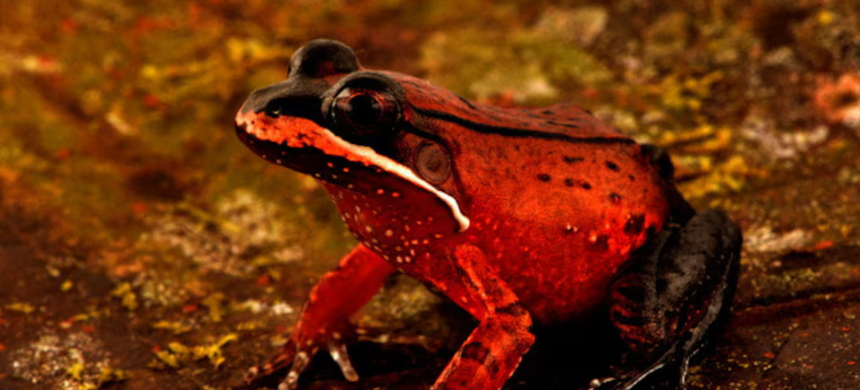New Species Discovered in Peru’s Amazon, Highlighting Biodiversity and Conservation Needs
An “amphibious mouse” with partially webbed feet, known for feeding on aquatic insects, is among the 27 new species discovered during a 2022 expedition to Peru’s Amazon, according to Conservation International. This exciting discovery underscores the region’s rich biodiversity and the importance of conservation efforts.
Read More: Amazon has announced a 50% Ramadan deal.
Discovery Highlights
The expedition, conducted between June and July 2022, led by Trond Larsen, head of Conservation International’s Rapid Assessment Program, uncovered a range of remarkable new species. These included:
- A spiny mouse with stiff fur
- A dwarf squirrel measuring just 14 cm (5.5 inches)
- Eight new fish species
- Three amphibians
- 10 types of butterflies
Additionally, 48 species were identified as potentially new, though further study is required to confirm their status.
The Expedition and its Significance
The discoveries were made in Alto Mayo, a protected area known for its diverse ecosystems, Indigenous territories, and villages. Larsen praised the role of the Awajun people, whose traditional knowledge of the forests, animals, and plants contributed to the expedition’s success.
Larsen described the dwarf squirrel, which is small enough to fit in the palm of a hand, as “adorable and beautiful chestnut-brown” and noted how quickly it jumps and hides in trees. Another standout discovery was the blob-headed fish, a type of armored catfish, adding to the expedition’s impressive findings.
Urgent Need for Conservation
A total of 2,046 species were recorded during the 38-day expedition, with 49 classified as threatened, including the yellow-tailed woolly monkey and the tree monkey. Larsen emphasized the urgency of protecting these areas to ensure the long-term survival of the species and ecosystems.
“Unless steps are taken now to safeguard these sites and restore parts of the landscape, there’s a strong chance they won’t persist in the long term,” Larsen warned, highlighting the need for immediate action in conservation.
The discoveries from this expedition reinforce the critical importance of preserving biodiversity in one of the world’s most ecologically significant regions.











